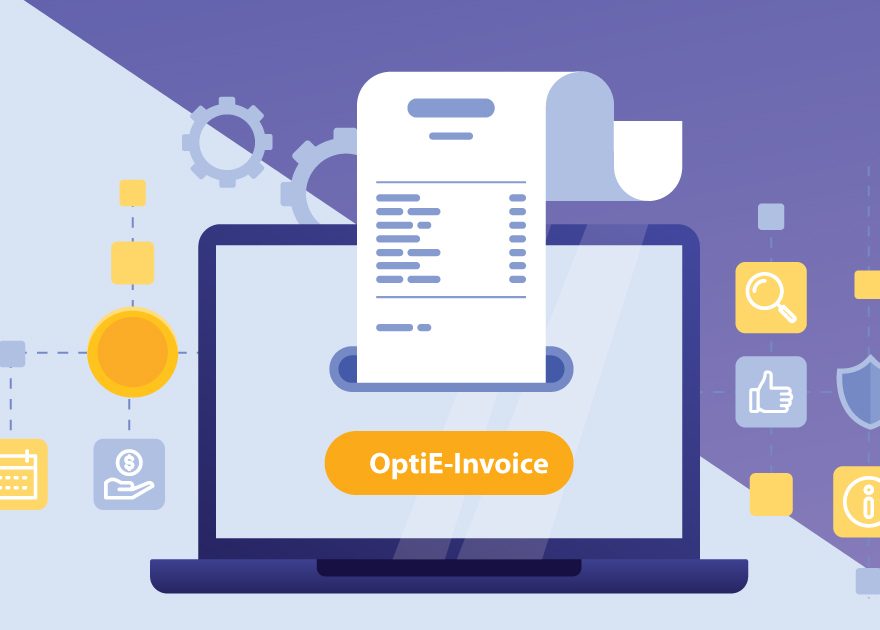What is e-Invoicing?
Electronic invoicing (e-Invoicing) is the exchange of the invoice document between a supplier and a buyer in an integrated electronic format. Traditionally, invoicing, being a paper-based process, involved manual effort and is error prone. This means increased costs and processing/ payment lifecycles for companies.
E-Invoicing as a B2B (Business to Business) practice has been part of Electronic Data Interchange transactions in many countries for several years. Government of India introduced this on a voluntary and trial basis from 01 Jan 2020.
The expectation is that from 01 Apr 2020, e-Invoicing will be mandatory for all B2B billing by companies with turn-over greater than 100 Crores. After that date, non-compliant entities will not get input tax credit (ITC) under the GST regime. In due course, this is to made mandatory for all B2B transactions.
In India e-Invoice needs to be submitted in JSON format as per standard schema as specified by the Government.
The following are not e-Invoices in the true sense, despite being electronic in nature:-
- Invoice generated in PDF or Word formats
- Software images of paper invoices sent via email or other channels
E-Invoicing Process in India
Companies can continue to generate Invoices as usual using ERP/ Accounting Systems etc. What is additionally required is a “Connector” that can pick up Invoices a generated in the ERP and submit these to the Internet Registration Portal (IRP) for registration and signing.
The IRP will validate and de-duplicate invoices and assign a unique Invoice Reference Number (IRN) for each, and a QR that can be machine-read to extract basic information within the Invoice.
The signed e-Invoice is sent by the IRP to the GST and eWayBill Systems, and also to the originator of the Invoice.
To know more about how you can comply with e-Invoice regulations in time and in the most cost-effective way, <a href = “https://www.ivldsp.com/get-in-touch”>Get in touch with us</a>
